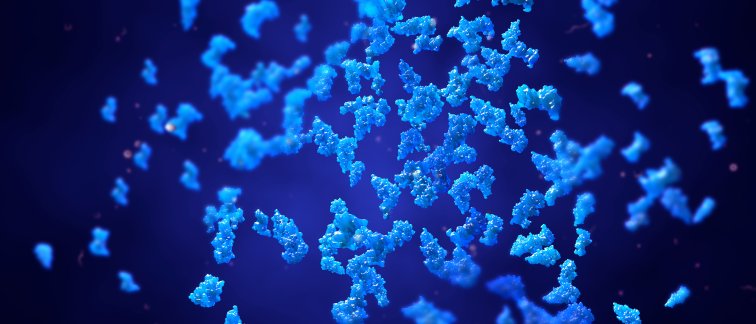The functionality of many cellular proteins depends on cofactors; yet, they have only been implicated in a minority of Mendelian diseases. Cofactors are non-protein chemical compounds or metallic ions that are required for an enzyme’s role as a catalyst, and as such, they play a crucial role in the functionality of numerous cellular proteins.
Although most cofactors can be either imported or synthesized, inorganic iron-sulfur clusters (ISCs) solely rely on intracellular synthesis in almost all known organisms. The ISCs represent one of the most ancient, versatile, and ubiquitous classes of metal cofactors. The biogenesis of cytosolic and nuclear iron-sulfur proteins requires a close cooperation between the mitochondrial ISC assembly machinery and the cytosolic ISC machinery.
To date, only inherited defects of the mitochondrial ISC machinery have been reported, and these patients present with metabolic, neurological, and hematological phenotypes, often leading to early death during childhood. In this article, the researchers demonstrated the pivotal role of deep clinical and biochemical phenotyping in guiding genome sequencing to solve the unknown in rare phenotypes, i.e., the identification of the first cytosolic iron-sulfur cluster protein assembly disorders as a source of apparent missing heritability in Mendelian diseases.

This discovery highlights the importance of detailed clinical and biochemical phenotyping combined with genome sequencing, specifically to identify defects in cofactor synthesis as etiology in unsolved cases of suspected inherited genetic disease.
Authors
Lead contact
André van Kuilenburg, Professor of Enzymology of Metabolic and Oncological Diseases
Other involved AGEM PIs
- Clara van Karnebeek, Professor of Personalized Medicine
- Frédéric Vaz, Clinical biochemist
- Riekelt Houtkooper, Professor of Translational Metabolism
The text in this article has been based on the text in the publication.
Van Karnebeek, C. D., . . . Van Kuilenburg, A. B. (2024). CIAO1 and MMS19 deficiency: a lethal neurodegenerative phenotype caused by cytosolic Fe-S cluster protein assembly disorders. Genetics in Medicine, 101104. https://doi.org/10.1016/j.gim.2024.101104

